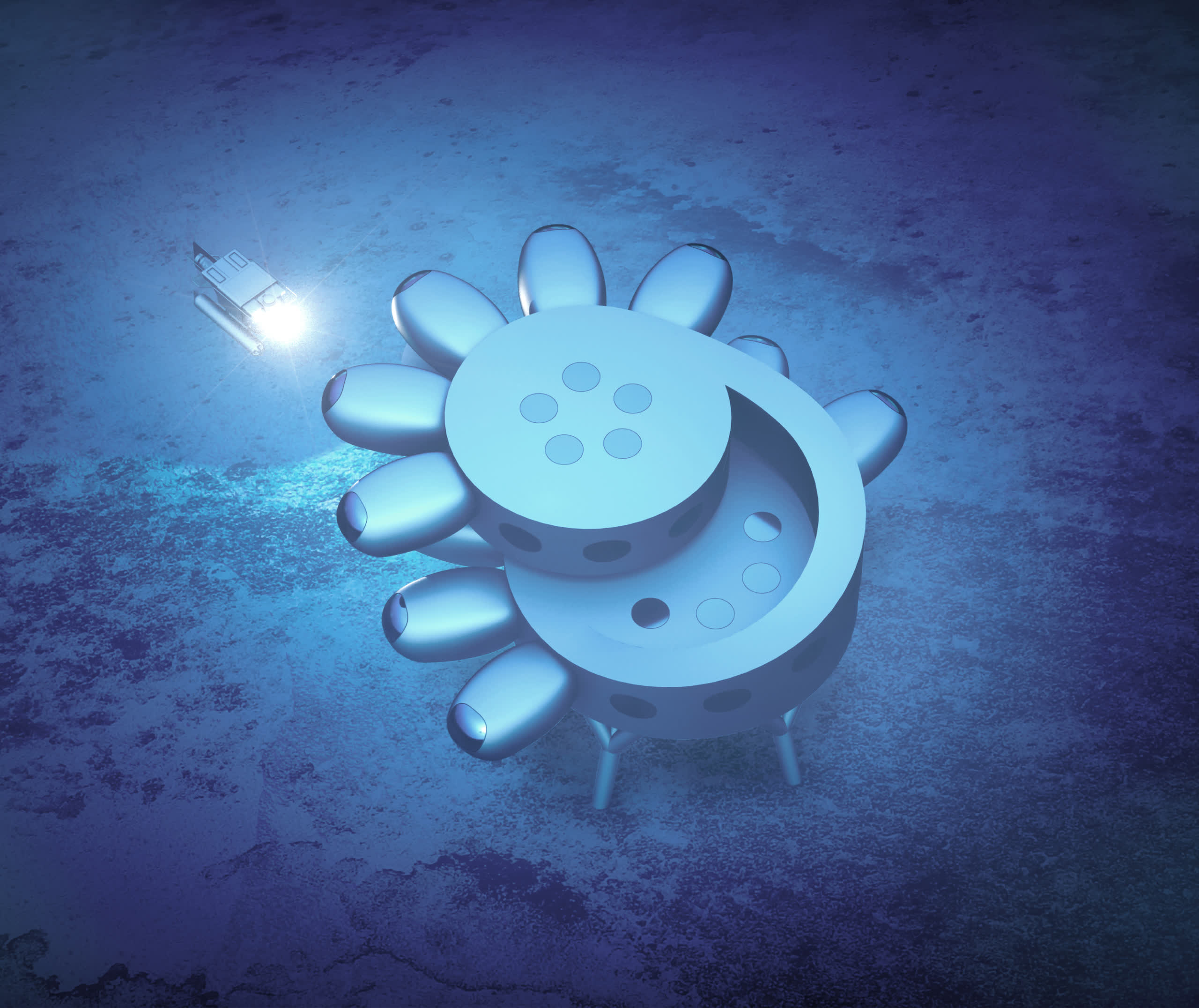Why it matters: Plenty of marine laboratories have allowed divers and scientists to live dozens of feet underwater for days or weeks at a time. The latest project, a collaboration between the NOAA and the Proteus Ocean Group, takes the concept to an unprecedented scale in what some call the International Space Station of the ocean.
The US National Oceanic and Atmospheric Administration (NOAA) and the Proteus Ocean Group (POG) recently agreed to cooperate in using POG's planned massive undersea lab. POG intends to install the lab in 2026.
Located off the coast of the Caribbean island country of Curaçao, the Proteus lab could cover 2,500 square feet, over five times the size of the Aquarius lab in the Florida Keys, which is currently the world's only underwater marine lab. At any given time, around two dozen aquanauts can use Proteus for round-the-clock marine observation, living 60 feet below the surface for extended periods. It will include living quarters, laboratories, food production gardens, and a fully-equipped video production studio for live streaming.
A multirole facility, Proteus will be open to government organizations, the private sector, and academic institutions. The agreement will let the NOAA and POG conduct joint expeditions, sharing personnel, data, facilities, and technology. POG also plans to work with schools, including Northeastern University and schools in Curaçao. POG says the lab will enable discoveries related to super corals, drugs, and the climate.
Like some past sea labs, Proteus will enable saturation diving, letting aquanauts swim for unlimited periods without needing decompression after every dive. The lab manages this by maintaining internal pressure equal to the surrounding environment.
Typically, diving 60 feet below sea level or using a pressurized facility would limit excursions to around an hour before requiring decompression to avoid the bends. By living and diving under the same pressure for the duration of their stay, researchers only need to decompress for a single 24-hour period upon leaving Proteus. Building the lab any deeper than 60 feet would require specialized gas instead of normal air to breathe.
Proteus founder Fabien Cousteau – ocean explorer and grandson of legendary oceanographer Jacques Cousteau – got the idea for the new lab during a 31-day 2014 mission at Aquarius. In 2019, his team picked Curaçao for its accessible coral reefs and rich biodiversity. They publicly announced Proteus the following year, but the pandemic delayed plans somewhat.
